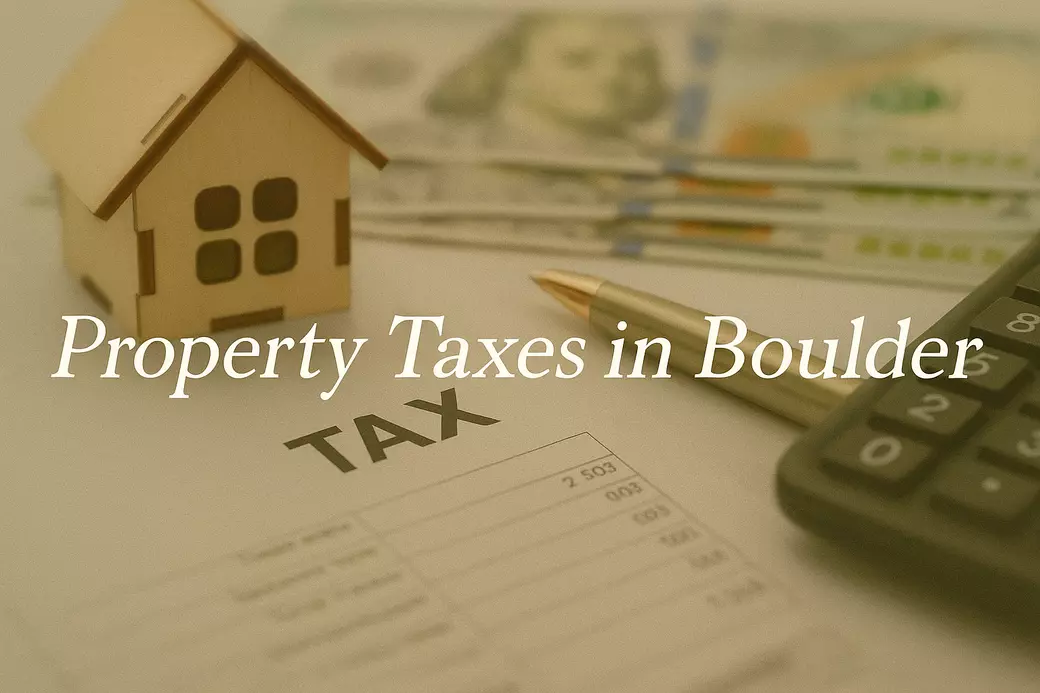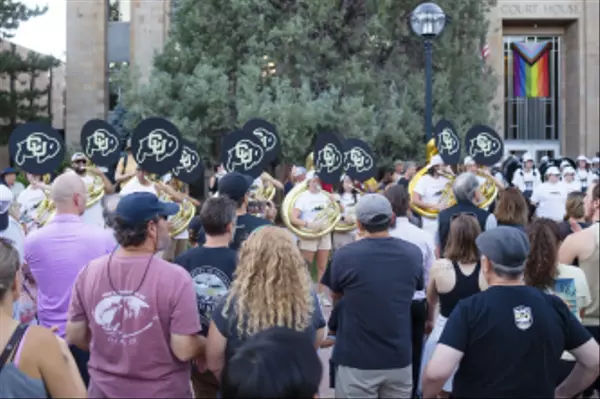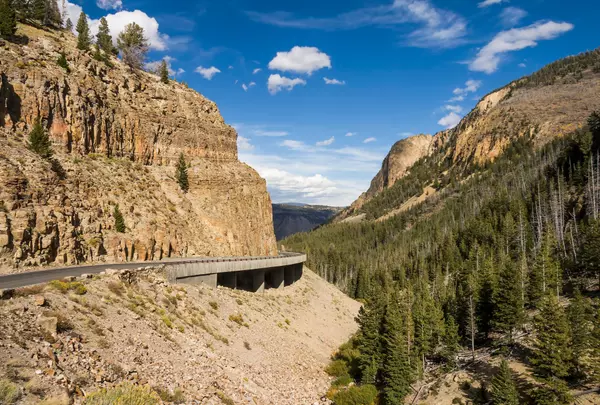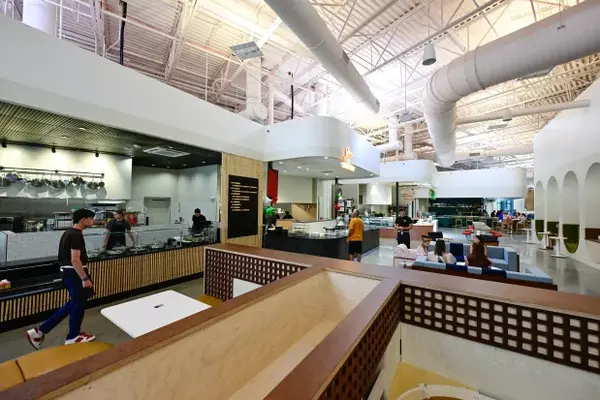Property Taxes in Boulder, Colorado: What Homeowners Need to Know in 2025

When it comes to owning property in Boulder, Colorado, understanding how property taxes work is essential. Whether you're planning to buy a home, already own property, or are simply curious about taxes in this vibrant city, this guide will walk you through everything you need to know for 2025.
We'll explore property tax rates, how taxes are calculated, exemptions available, and important local initiatives that impact homeowners.
Understanding Property Taxes in Boulder, CO

Boulder Property Tax Rates
The property tax rate in Boulder is determined by a combination of local tax districts, including the county, city, and school district.
As of 2025, the general property tax rate for Boulder County is approximately 0.56%. However, this rate can vary depending on the property's location and the specific levies applied by local governments.
Key points to keep in mind:
-
Boulder County's rate covers services like public schools, fire districts, and city services.
-
Your property's mill levy—the tax applied per $1,000 of assessed property value—may differ based on your location within the county.
How Property Taxes Are Calculated in Boulder
In Colorado, property taxes are based on the assessed value of your home. Each year, the county assessor evaluates your property’s market value, which is then multiplied by the state’s assessment rate to determine the taxable value.
-
Assessment Rate: For residential properties, the assessment rate in 2025 is 7.15%.
-
Taxable Value Formula:
Taxable value = Market value × 7.15%
Example:
If your home’s market value is $1,000,000:
-
Taxable value = $1,000,000 × 7.15% = $71,500
-
Your property tax would then be: Taxable value × Mill levy
Mill Levies and Their Impact
A mill levy represents the amount you pay in property taxes per $1,000 of assessed property value.
-
Average mill levies in Boulder County range from 50 to 80 mills.
-
Example:
-
Taxable value = $71,500
-
Mill levy = 60 mills (or 0.060)
-
Annual property tax = $71,500 × 0.060 = $4,290
-
The exact mill levy varies based on your specific location within Boulder County and the services tied to your area.
Special Assessments and Additional Levies
In addition to regular property taxes, some Boulder homeowners are subject to special assessments for specific community services:
-
Open Space Taxes: To help preserve Boulder’s open spaces and parks.
-
Fire Protection Levies: Particularly common for properties in rural or suburban areas.
These additional taxes are usually tied to specific areas or benefit districts and can slightly increase your total property tax bill.
Property Tax Exemptions in Boulder
Colorado offers several property tax exemptions that may help reduce your overall tax burden:
-
Senior Property Tax Exemption: Available to homeowners aged 65 and older, reducing the taxable value of their home by up to 50%, subject to eligibility requirements.
-
Disabled Veteran Property Tax Exemption: Veterans with service-connected disabilities may qualify for significant property tax reductions.
-
Agricultural Property Exemption: Properties used primarily for agriculture may benefit from lower tax rates.
Be sure to check with Boulder County for the latest application deadlines and qualifications.
Paying Your Property Taxes
In Boulder, property taxes are typically due in two installments each year:
-
First half: Due by February 28
-
Second half: Due by June 15
If you have a mortgage, your lender may escrow your property taxes as part of your monthly mortgage payment. Otherwise, you can pay online through the Boulder County Treasurer’s website or in person.
Important:
Failure to pay property taxes on time will result in penalties and interest. After three years of non-payment, properties may be sold at a tax lien sale.
Factors Affecting Your Property Taxes
Several factors can influence your property tax bill in Boulder:
-
Home Value: Increases in market value can raise your assessed value and your tax bill.
-
Local Levies: New taxes for schools, infrastructure, or community services can impact your overall tax rate.
-
Voter-Approved Measures: Local voters sometimes approve additional funding for public initiatives, which can result in new property tax assessments.
Final Thoughts: Property Taxes in Boulder, Colorado
Understanding Boulder’s property tax system is crucial whether you’re a first-time buyer or a long-term homeowner.
With relatively low tax rates compared to national averages—and multiple exemptions available—Boulder remains a favorable place for homeownership.
However, it’s important to stay informed about local mill levies, property reassessments, and payment deadlines to avoid unexpected costs.
If you’re budgeting for a new home or managing your current property, factoring in property taxes will help you plan wisely for 2025 and beyond.
Ready to Call Boulder Home?
Let Eric Farran help you find the perfect home in this incredible city. Whether you're buying or selling, we’ll guide you through Boulder’s market with expert advice. Click here to get started today!
Categories
Recent Posts










